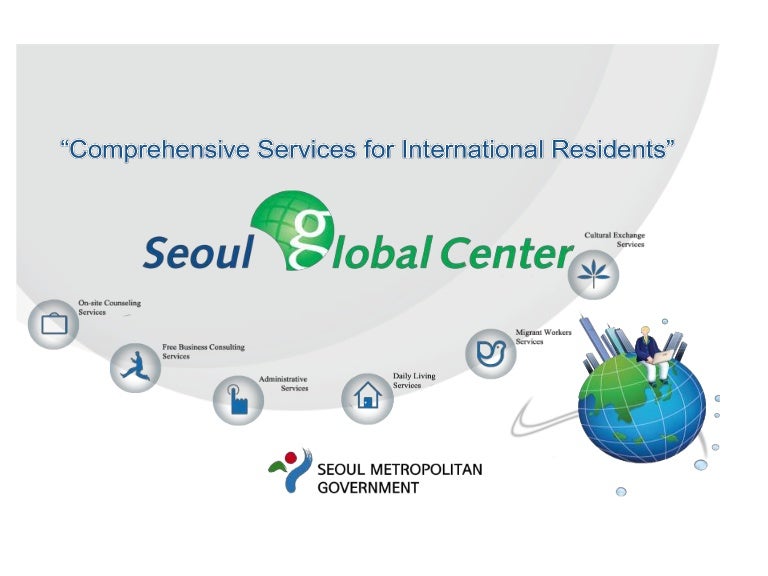
Oh says there are also many ‘smart’ neighbourhoods, streets and urban interventions within Seoul. Korea created what it calls a ‘test bed’ for an intelligent city when it built Songdo, dubbed ‘the city of the future’ on the outskirts of Incheon, 36km south of Seoul, an ongoing project started last decade. Daniel Oh, assistant professor of architecture at Korea University, says these companies, supported by government, are pushing to move into supplying the ‘smart city sector’ at home and abroad. Korean ICT exports were US$220m (€199m) in 2018. Korea is home to Samsung, LG, SK, and KT, among the world’s biggest names in ICT. The OECD also points out that South Korea has 112.6 mobile subscriptions per 100 inhabitants. Virtually every Korean household (99.2%) is connected to the internet (the country average according to the Organisation for Economic Co-operation and Development (OECD) is 78%). South Korea’s ubiquitous, super-fast internet connectivity – four times faster than the world average of seven megabytes per second – has facilitated the ‘digitalisation’ of Seoul. As an example, data was curated from 3bn phone calls to determine where night transport services were most needed. The city government harnesses big data to deliver public services that range from efficient transport networks to e-voting. City authorities have leveraged the benefits of emerging technology into systems that allow better management of the complexities that running a city presents.



Technology permeates nearly every facet of life in Seoul, whether ordering food from a small café with scant human intervention or interacting with government departments. South Korea’s capital with its super-fast internet is home to global technology companies.


 0 kommentar(er)
0 kommentar(er)
